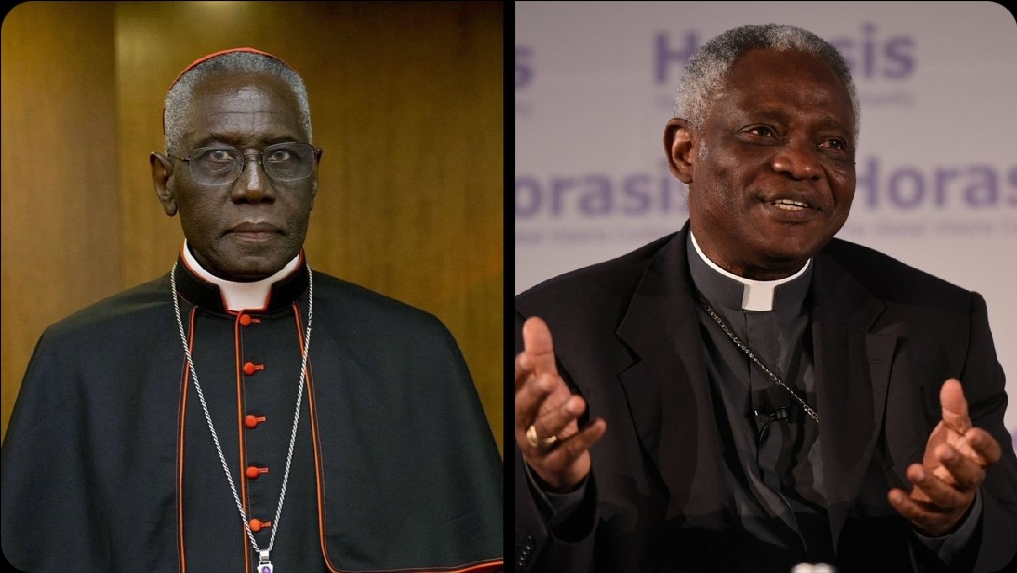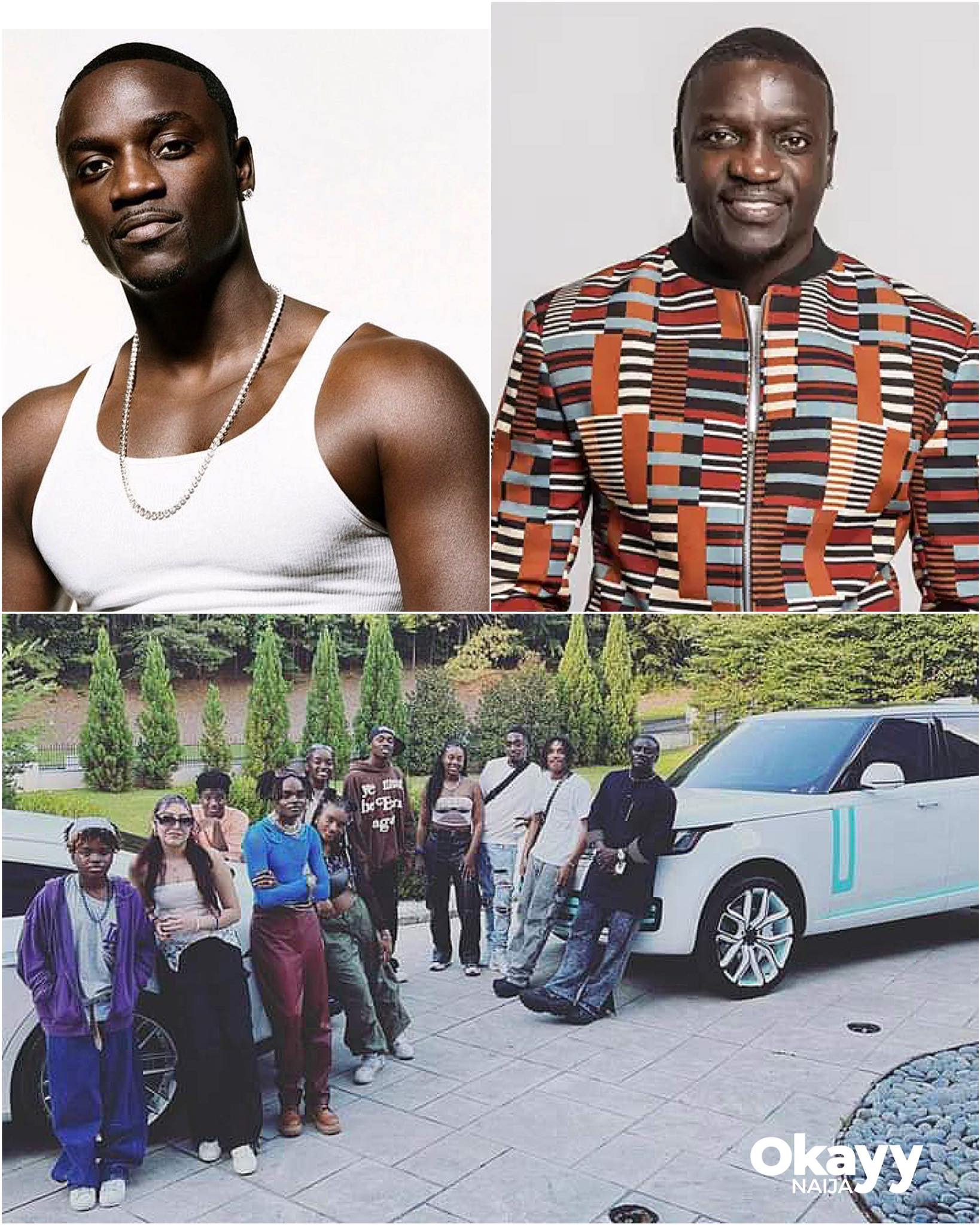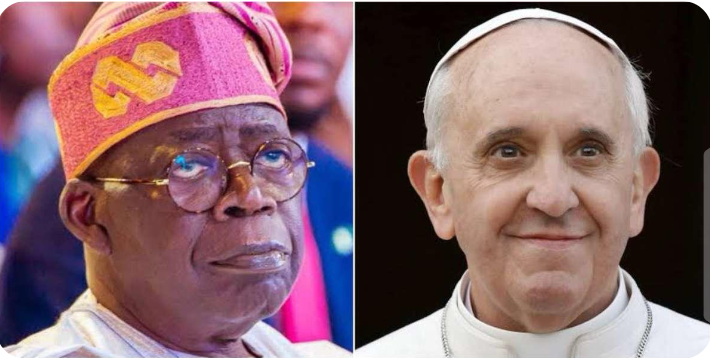
‘Peace Over Paycheck’: Nigerian Nurse Sparks Debate After Quitting U.S. Job to Return Home

In a world where the American dream is the pinnacle for many, a Nigerian nurse, Judith Okoli, has shaken the internet with a bold and deeply personal decision — walking away from her life in the United States and returning to Nigeria in search of something more elusive than dollars: peace of mind. Her story has sent shockwaves across social media platforms, stirring emotional responses, fierce debates, and deep introspection among millions.
In a video that has since gone viral, Okoli addressed the camera with candor, grace, and an unmistakable calm. She explained her choice in plain but powerful language, a message that has resonated far beyond the Nigerian diaspora. “Everyone is asking me, ‘Why did you leave America? Are you okay? You want to suffer in Nigeria?’” she said, speaking in Pidgin English. “But I hope you guys know that money is not everything — at least, to some people. At least, to me.”
In a time when Nigerians are leaving in droves to countries like Canada, the U.K., and the U.S. in pursuit of better economic prospects, Okoli’s decision comes across as both radical and rebellious. It challenges a deeply ingrained belief: that success must be measured in foreign currency and Western comfort. Her message calls for a reassessment of what it truly means to “have made it.”
With a voice steady but reflective, she recounted how her life abroad—though financially rewarding—had become emotionally and spiritually draining. According to her, the West offers a sleek illusion of prosperity, but often at a heavy emotional cost. She described the daily grind as soul-crushing, painting a picture of a world where people may earn a lot, but live very little.
“Someone can make ₦100 but be miserable — insulted at work, restless, disconnected from life. Then another person makes just ₦50, but they are happy, they spend quality time with their family, they sleep well, they enjoy peace of mind,” she explained. “For me, it’s about quality of life.”
It’s a narrative not often heard — one that runs counter to the prevailing social media trend of flaunting luxury purchases, exotic trips, and the trappings of “japa” life. Okoli’s story challenges a generation raised on the gospel of hustle culture, where rest is weakness and ambition is endless. In this context, her return to Nigeria feels like a quiet act of rebellion — a choice to prioritize serenity over status.
What has particularly struck a chord with many Nigerians is her emotional lament over the breakdown of African family unity, a subtle but devastating consequence of mass migration. “Look at what the Western world is doing to us,” she said passionately. “Families are scattered. One child is in Germany, another in Canada, another in Dubai. Six siblings haven’t seen each other in three years — all in the name of seeking a better life, but forgetting about the quality of life.”
Her words shed light on the invisible cost of migration — fractured families, missed milestones, and relationships reduced to WhatsApp messages and video calls. For Okoli, that distance proved too great a burden to bear, outweighing even the allure of a stable U.S. income.
Unsurprisingly, her decision has stirred mixed reactions online. Some viewers have hailed her as brave and introspective, praising her for choosing a life rooted in emotional wellbeing. “This woman just said what many are too afraid to admit,” one comment read. “Peace of mind is the new luxury.”
Others, however, questioned the practicality of her choice, pointing to Nigeria’s unstable economy, insecurity, and poor infrastructure. “She will change her mind in three months,” another viewer predicted. “There’s no peace where there’s no light, no fuel, no jobs.”
Still, regardless of where people stand, few can deny the power and honesty behind her message. It has sparked a broader conversation about the emotional toll of migration, the illusion of foreign bliss, and the need to redefine success in a way that includes mental and emotional health.
In many ways, Okoli’s story is not just about her. It’s about a generation standing at a crossroads, torn between the promises of the West and the yearning for something deeper — connection, community, and rest. It’s about asking hard questions: Is a life of high income but low fulfillment worth it? Is the dream sold to us actually our own? And most importantly, what does peace mean to us in a world that constantly tells us to chase more?
As the video continues to make rounds, gaining traction across major Nigerian blogs and diaspora communities, it’s clear that Okoli has become more than just a nurse who moved back home — she’s become a symbol of quiet resistance and a reminder that not all who return are lost. Sometimes, coming back home isn’t a retreat. It’s a reclaiming.
Her story ends not with regret but with renewed hope. In her calm, clear voice, she speaks of walks without anxiety, time spent with aging parents, laughter without pressure, and nights of deep sleep without the weight of tomorrow’s deadlines. She may have left the land of dreams, but in her heart, it seems, she has finally arrived.
As thousands continue to share and comment on her story, one thing is clear: in choosing peace over paycheck, Judith Okoli has ignited a vital, if uncomfortable, conversation. And whether you agree with her or not, she has reminded us all that life’s true wealth isn’t always found in our bank accounts—but in our state of mind.


